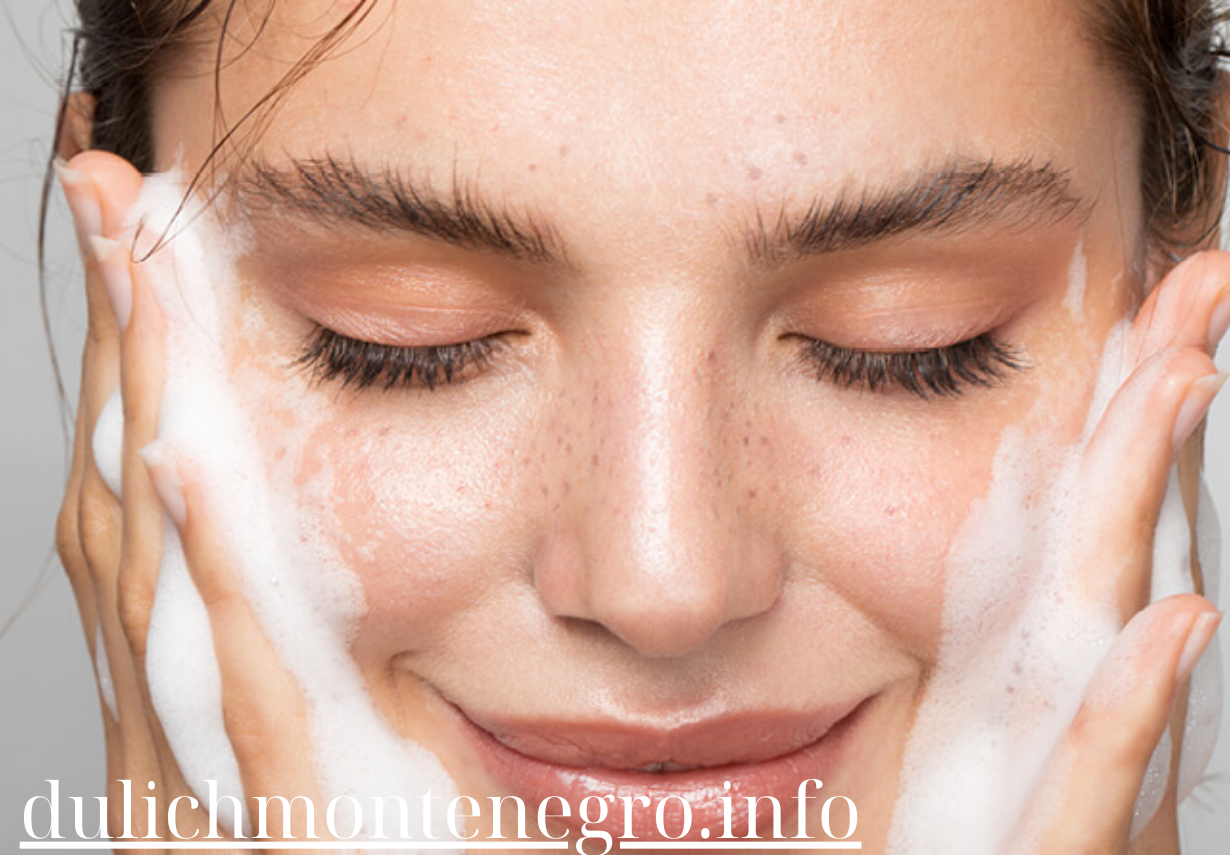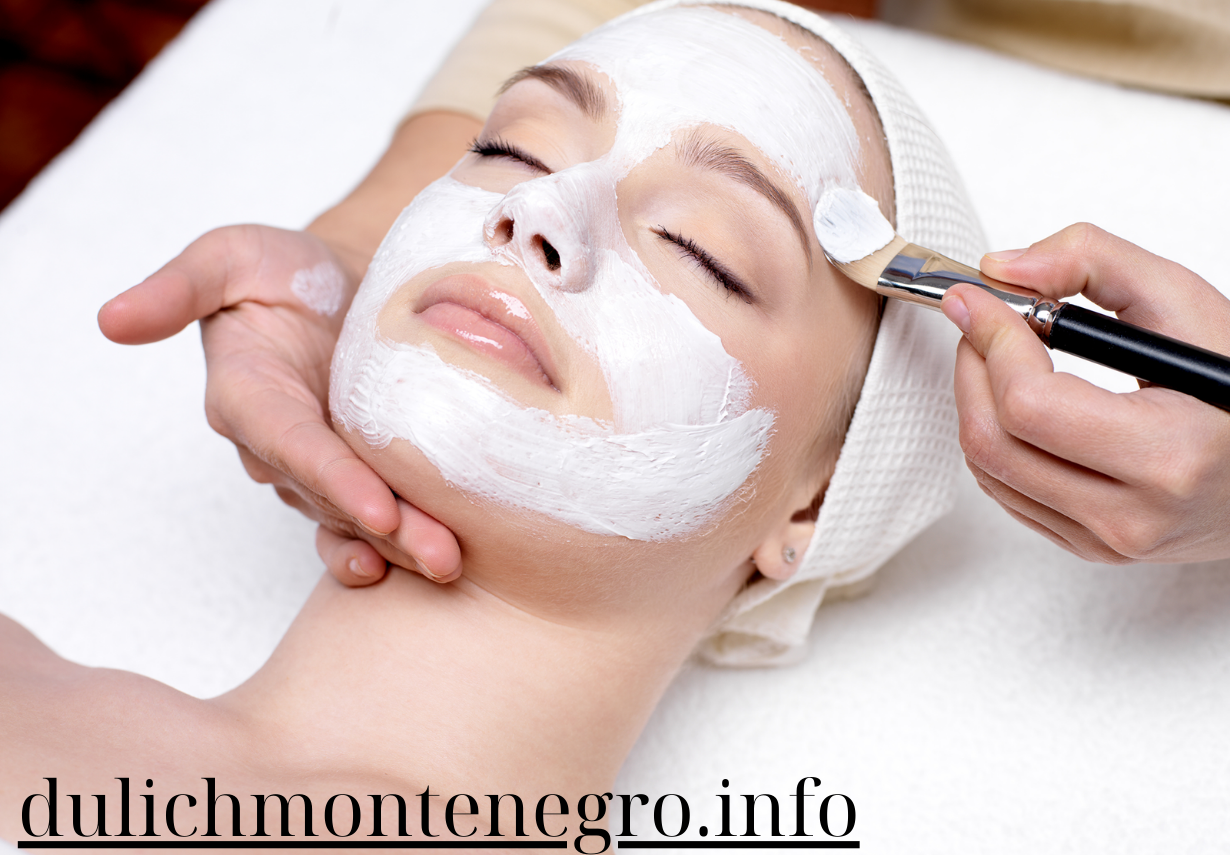Caring for sensitive skin can be challenging, as it requires a delicate balance between protection, hydration, and avoiding irritation. With new advancements in skincare and a growing understanding of skin sensitivities, there are now more effective, gentle approaches to help soothe and care for sensitive skin. Here’s a look at the latest innovative tips and techniques to maintain healthy, radiant skin while keeping irritation at bay.
1. Barrier-Repairing Skincare: Strengthen and Protect
One of the most innovative approaches to sensitive skin care is focusing on repairing the skin barrier. When the skin barrier is compromised, it can lead to irritation, redness, and sensitivity.
- Use Ceramide-Rich Products: Ceramides are natural lipids that help form the skin’s protective barrier. Look for moisturizers and serums that contain ceramides and fatty acids to strengthen the barrier and lock in moisture.
- Avoid Harsh Cleansers: Traditional cleansers can strip the skin of its natural oils. Instead, opt for pH-balanced cleansers that are gentle and specifically formulated for sensitive skin.
Key Insight: Strengthening the skin’s natural barrier with ceramides and gentle cleansers helps protect sensitive skin from external irritants and prevent moisture loss.
2. Microbiome-Friendly Skincare: Support Skin’s Natural Defenses
Recent innovations in skincare have shifted focus to supporting the skin’s microbiome, the community of beneficial bacteria on the skin’s surface that helps maintain balance and defend against harmful microbes.
- Probiotics in Skincare: Probiotic skincare products, such as creams and serums, introduce good bacteria that help calm inflammation and strengthen the skin’s defenses. Ingredients like lactobacillus ferment are particularly effective for soothing sensitive skin.
- Prebiotics for Balance: Prebiotics are nutrients that feed the beneficial bacteria on your skin. Using prebiotic-infused products can help maintain a healthy skin microbiome, reducing sensitivity and irritation.
Key Insight: Supporting the skin’s microbiome with probiotics and prebiotics can reduce irritation, balance the skin, and improve overall skin health.
3. Minimalist Skincare Routine: Less Is More
Sensitive skin benefits from a minimalist approach to skincare, which focuses on using fewer products with simpler, more soothing ingredients.
- Avoid Overloading with Actives: Overusing active ingredients like retinol, AHAs, or BHAs can overwhelm sensitive skin. Stick to one active at a time and alternate usage days to avoid irritation.
- Simplify Your Routine: Stick to the basics—cleanse, moisturize, and protect. Choose products with fewer than 10 ingredients to minimize the risk of reactions. Look for labels like “fragrance-free,” “hypoallergenic,” and “non-comedogenic” to ensure they’re suitable for sensitive skin.
Key Insight: A simple skincare routine with fewer ingredients can help minimize irritation and prevent the common triggers of sensitive skin flare-ups.
4. Calming Ingredients: Soothe and Restore
There are many natural and scientifically-backed ingredients known for their calming and anti-inflammatory properties that are perfect for sensitive skin.
- Centella Asiatica: Also known as cica, this herb is a powerful anti-inflammatory and antioxidant. It helps soothe redness, repair damaged skin, and promote healing without causing irritation.
- Niacinamide: This form of vitamin B3 is known for its anti-inflammatory properties. It helps reduce redness and irritation while strengthening the skin’s barrier, making it an ideal ingredient for sensitive skin.
- Colloidal Oatmeal: Long known for its soothing properties, colloidal oatmeal is great for calming irritated, dry, and sensitive skin. It forms a protective barrier on the skin and reduces itching.
Key Insight: Incorporating calming ingredients like Centella Asiatica, niacinamide, and colloidal oatmeal can soothe irritated skin and provide lasting comfort.
5. LED Light Therapy: A Non-Invasive Solution
One of the most cutting-edge treatments for sensitive skin is LED light therapy. This non-invasive treatment uses specific wavelengths of light to treat skin issues without causing damage or irritation.
- Red Light Therapy: Red light therapy is particularly beneficial for sensitive skin, as it promotes healing, reduces inflammation, and improves skin texture. It’s gentle enough for regular use and is effective in treating rosacea, acne, and other sensitive skin conditions.
- At-Home Devices: With advancements in technology, at-home LED light therapy devices are now available, making it easy to incorporate this treatment into your regular skincare routine.
Key Insight: LED light therapy, particularly red light, offers a gentle, non-invasive solution for improving skin health and reducing sensitivity.
6. Thermal Spring Water: Nature’s Calming Elixir
Thermal spring water is becoming a popular ingredient in sensitive skincare products due to its soothing and anti-inflammatory properties. Rich in minerals and trace elements, it helps calm irritated skin and reduce redness.
- Soothing Sprays: Use a thermal spring water spray to refresh and soothe the skin throughout the day, especially in harsh weather conditions or after exposure to irritants.
- Healing Benefits: Many brands, such as Avène and La Roche-Posay, have harnessed the power of thermal spring water to create products specifically designed to heal and protect sensitive skin.
Key Insight: Incorporating thermal spring water into your skincare routine can help alleviate irritation and keep sensitive skin calm and hydrated.
7. Personalized Skincare: Tailored to Your Skin’s Needs
With advancements in skincare diagnostics, personalized skincare has become a growing trend, offering tailored solutions for sensitive skin based on individual needs and concerns.
- Custom Formulations: Some companies now offer customized skincare products that are formulated based on a skin analysis or quiz. These products are tailored to your skin’s sensitivities, ensuring they are effective without causing irritation.
- Skin Analysis Tools: At-home skin analysis devices or apps can help you monitor your skin’s moisture levels, elasticity, and sensitivity, allowing you to adjust your routine accordingly.
Key Insight: Personalized skincare ensures that the products you use are specifically designed for your skin’s unique sensitivities and needs, providing optimal results without irritation.
Final Thoughts
Caring for sensitive skin requires a gentle, thoughtful approach, but with new innovations in skincare, it’s easier than ever to find products and routines that work. From barrier-repairing moisturizers to microbiome-friendly products and personalized skincare solutions, these cutting-edge methods offer effective, gentle care for even the most sensitive skin types.



